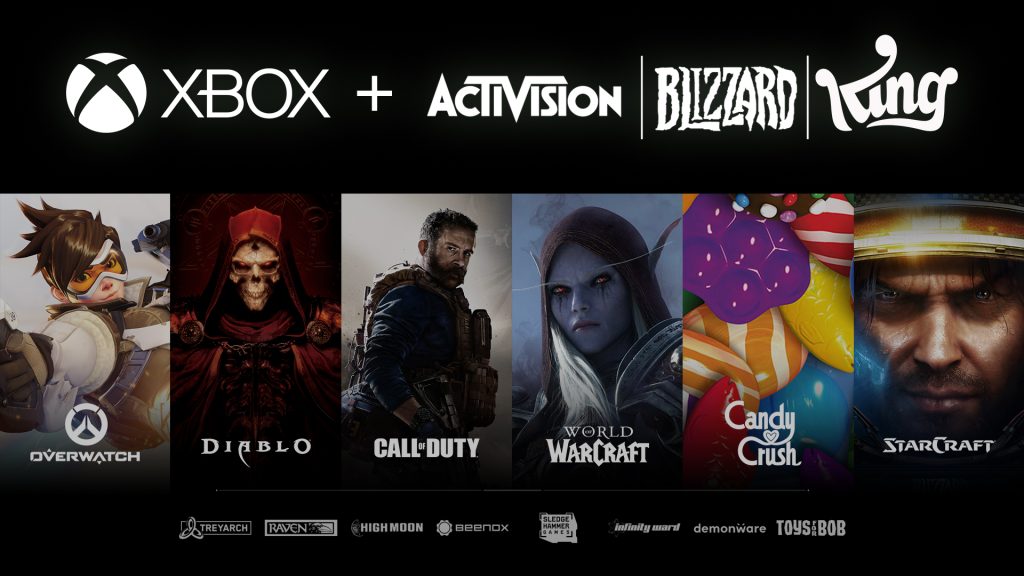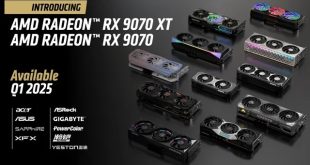The FTC has spent much of 2024 building its case against Microsoft to get the Activision Blizzard acquisition overturned. This month, the FTC was provided with some ammo, as the regulator tells the US Court of Appeals that recent Game Pass price hikes break promises Microsoft made to get the acquisition approved in the first place.
Game Pass is having a bit of an overhaul. Game Pass for Console will no longer be sold and will instead be replaced by a new ‘standard' tier that does not include day-one access to brand new games. Moving forward, you'll need to pay for Game Pass Ultimate to get day-one games, and the subscription will be more expensive, going up to $20 per month. This change is being implemented soon in order to minimise the impact Game Pass may have on Call of Duty: Black Ops 6 sales.
In a letter sent to the US Court of Appeals and revealed publicly today, the FTC states that Microsoft's Game Pass change is “exactly the sort of consumer harm” it was looking to avoid by opposing the acquisition. The FTC claims this as evidence of market abuse. You can read the FTC's letter outlined below:
“The Federal Trade Commission writes to alert the Court to Microsoft’s announced price increases in the multi-game-subscription and cloud-gaming markets, which the district court found relevant to the merger analysis. Microsoft is raising the price for its “Game Pass Ultimate” product from $16.99/month to $19.99/month—a 17% year-over-year increase.
Additionally, Microsoft is discontinuing its $10.99/month “Console Game Pass” product. Users of that product must pay 81% more to switch to “Game Pass Ultimate.” For consumers unwilling to pay 81% more, Microsoft is introducing a degraded product, “Game Pass Standard,” at $14.99/month. This product costs 36% more than Console Game Pass, and withholds day-one releases. Product degradation—removing the most valuable games from Microsoft’s new service—combined with price increases for existing users, is exactly the sort of consumer harm from the merger the FTC has alleged. Microsoft’s price increases and product degradation—combined with Microsoft’s reduced investments in output and product quality via employee layoffs are the hallmarks of a firm exercising market power post-merger.”
In the final paragraph, the FTC takes issue with statements Microsoft made prior to the acquisition, claiming them to be inconsistent with their actions post-merger:
“Importantly, Microsoft’s actions are inconsistent with Microsoft’s representations below. Microsoft’s price increases coincide with adding “Call of Duty” (CoD) to Game Pass’s most expensive tier, and discontinuing the Console tier will happen shortly before releasing CoD’s newest game. Below, Microsoft promised that “the acquisition would benefit consumers by making CoD available on Microsoft’s Game Pass on the day it is released on console (with no price increase for the service based on the acquisition). Microsoft’s post-merger actions thus vindicate the congressional design of preliminarily halting mergers to fully evaluate their likely competitive effects, and judicial skepticism of promises inconsistent with a firm’s economic incentives”.
This on-going situation with the FTC is believed to be the main cause behind the slow rollout of Activision Blizzard titles on the Game Pass service. So far, just two major titles have been confirmed for Game Pass this year – Diablo 4 and Call of Duty: Black Ops 6, but rumours claim that more games, like Crash Bandicoot and Tony Hawk's Pro Skater, are due to arrive on the service soon.
Discuss on our Facebook page, HERE.
KitGuru Says: We'll have to wait and see how much this helps the FTC's case. Massive mergers like this have been undone in the past, but Microsoft will be doing everything it can to avoid that potential outcome.
 KitGuru KitGuru.net – Tech News | Hardware News | Hardware Reviews | IOS | Mobile | Gaming | Graphics Cards
KitGuru KitGuru.net – Tech News | Hardware News | Hardware Reviews | IOS | Mobile | Gaming | Graphics Cards



